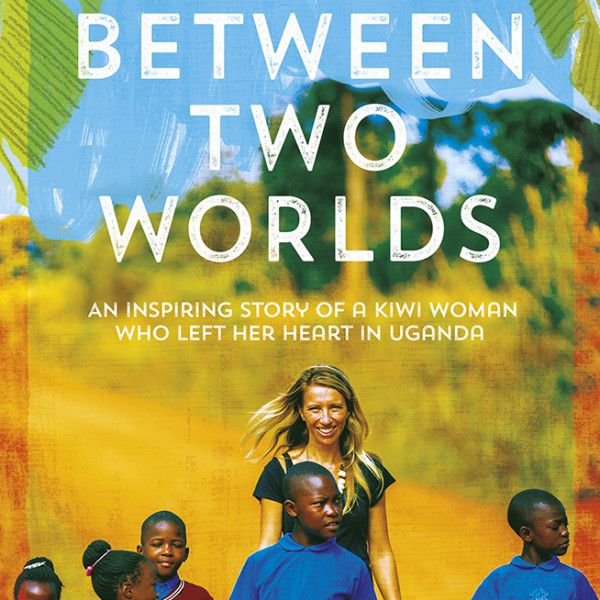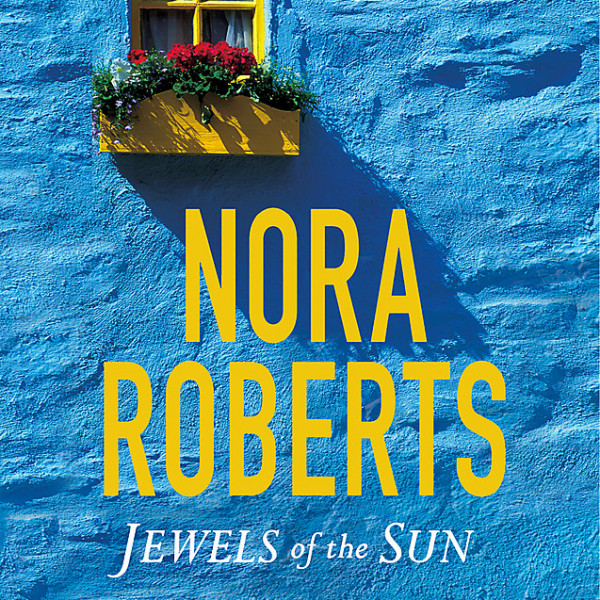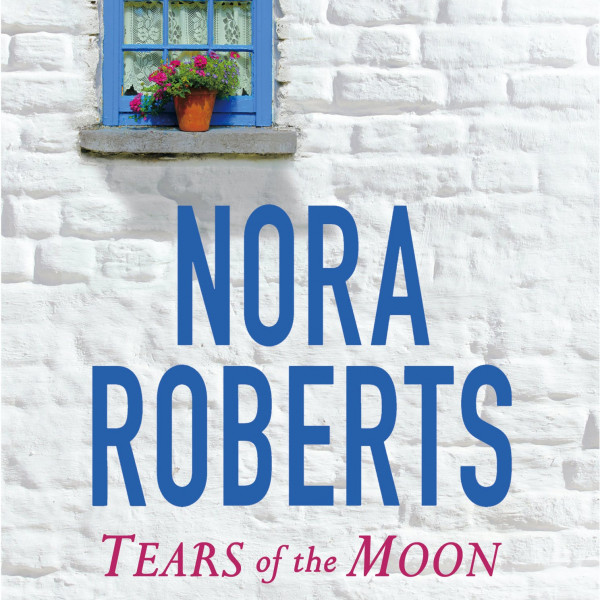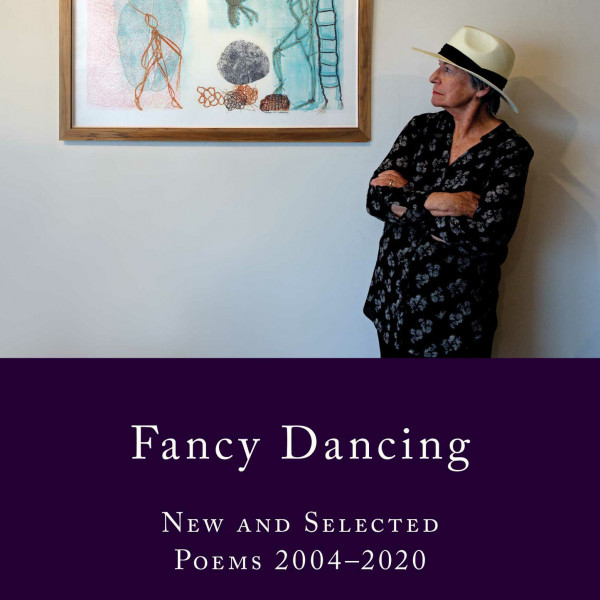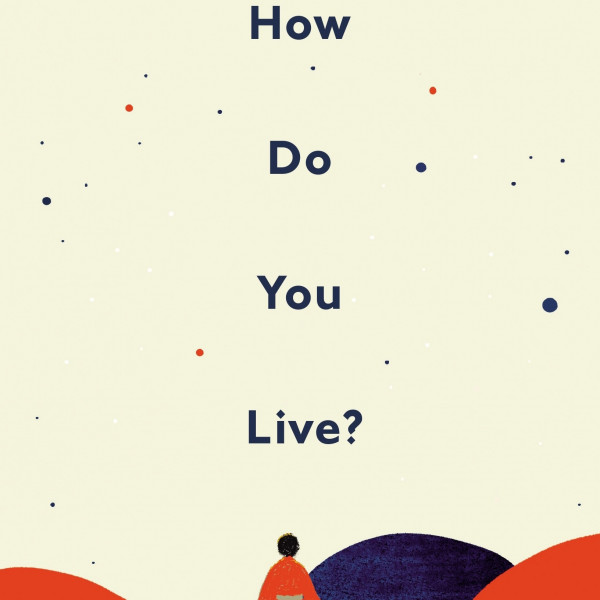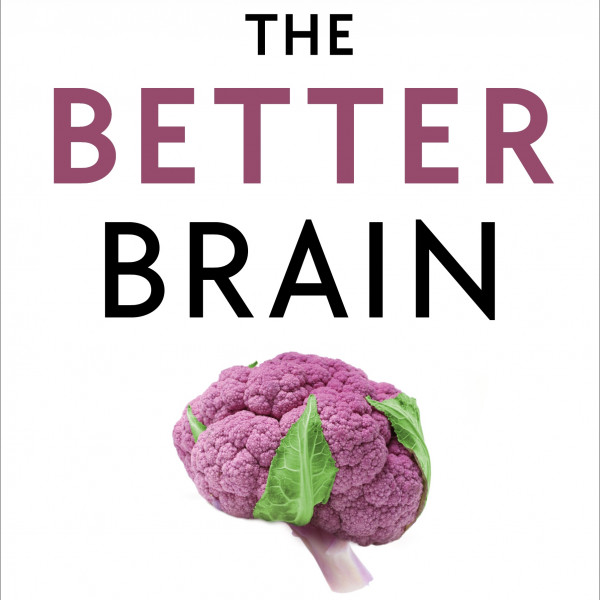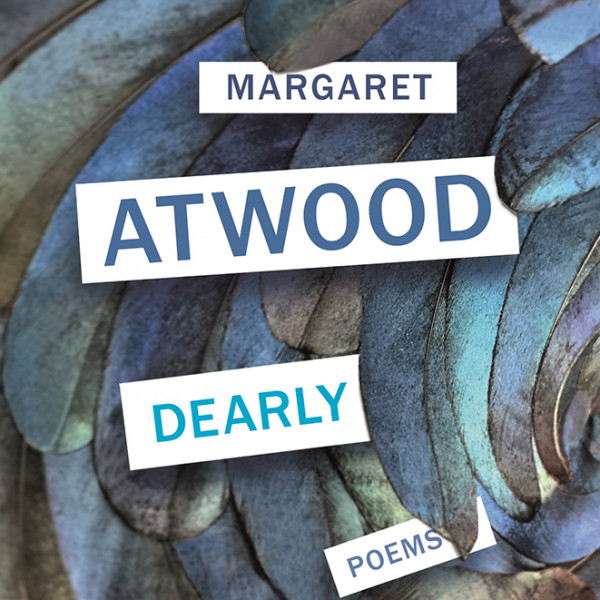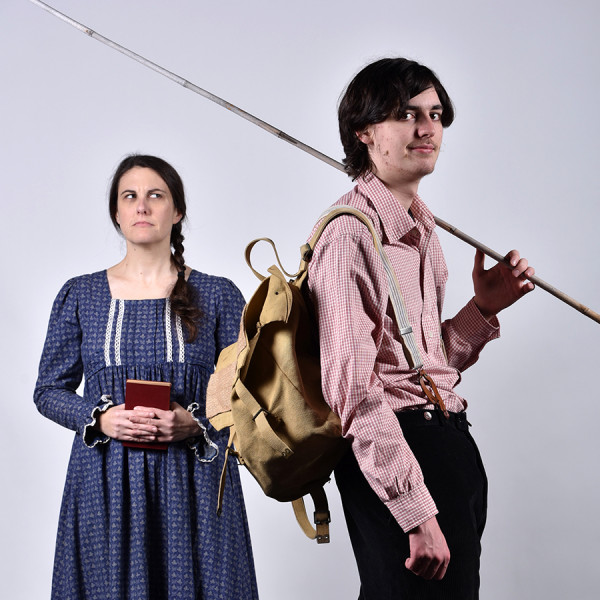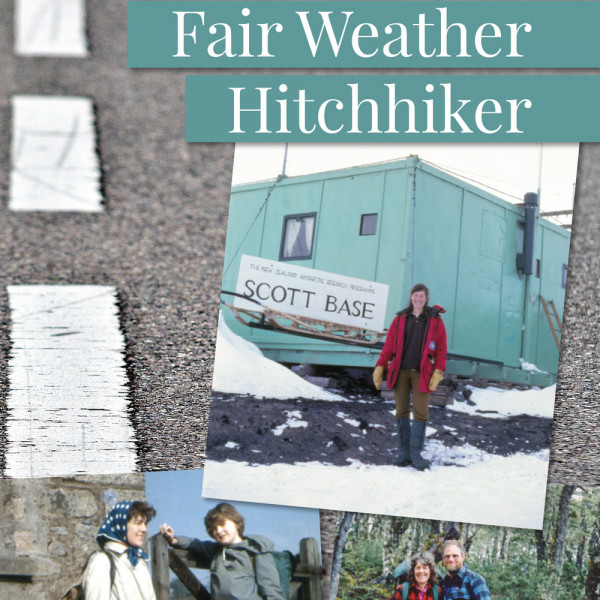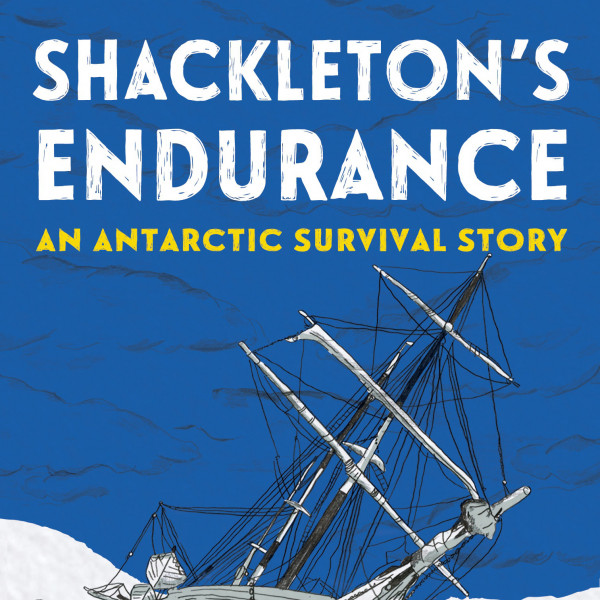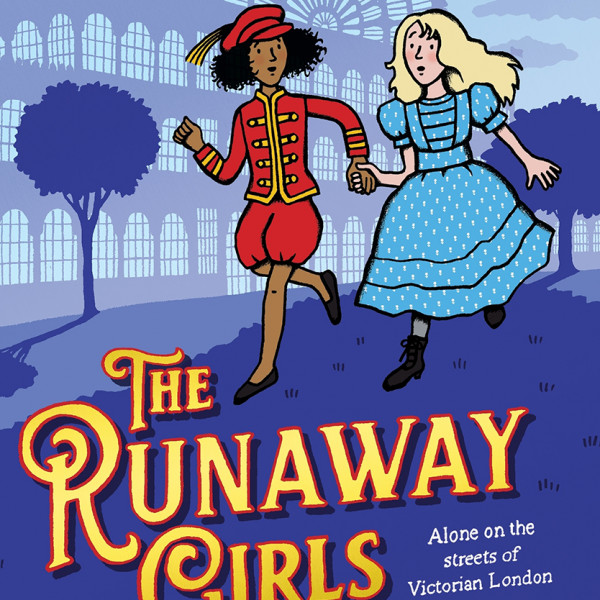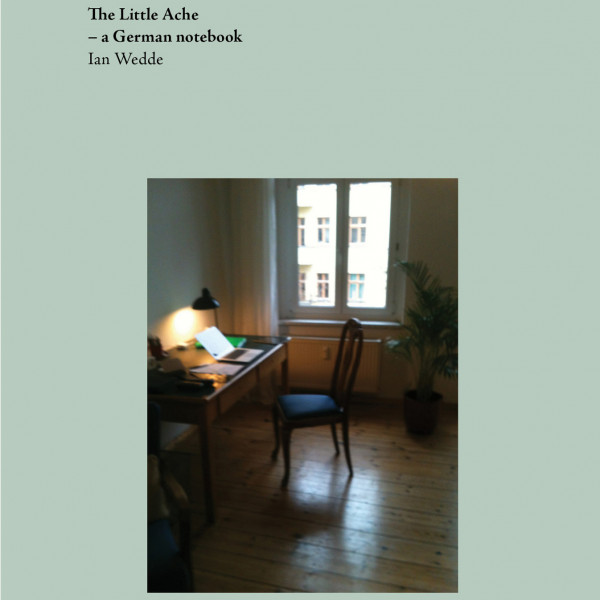
Red!
Composed by Lucy Mulgan
Directed by: Jaqueline Coats, with musical direction from Brent Stewart
Michael Fowler Centre, 4th Aug 2021
Reviewed by: Ruth Corkill
Red! is a modern operatic retelling of Little Red Riding Hood. The heart of the production is a 400-strong children’s chorus. The children dominate the stage, and their singing, gestures, sound effects, and contributions as part of the creative team bring dynamism to the production.
Clearly an effort has been made to modernise and sanitise the story. The classic red hood becomes a red hoodie, the picnic basket is a backpack, and Red’s mother texts Granny to let her know that Red is on her way. The principles, Natasha Te Rupe Wilson (soprano), Robert Tucker (baritone), and Catrin Johnsson (mezzo soprano), wear jeans and sneakers. Presumably the intention is to make the story more relatable, but in the process we lose the fantasy and opulence of traditional opera.
The strongest section comes when Robert Tucker’s suave and unnerving Wolfie intercepts Red (Wilson), overcomes her initial reluctance to talk with him, and persuades her to linger in the bush. Wilson and Tucker are marvellous together, and Red’s intuitive fear of Wolfie is perfectly expressed in the score. The compelling and modern message here is that children should listen to their own intuition when dealing with abusive and manipulative characters.
But the show becomes more panto than opera once Wolfie arrives at Granny’s house, where Granny (Johnsson) challenges him to a boxing match. Both the children’s chorus and the audience enjoy the chaos, booing at Wolfie and cheering for Granny. Red sees through Wolfie’s grandmother disguise immediately, and we sadly miss out on the disquieting moment in the traditional version “oh Grandmama, what big ears you have”. Instead of eating people, Wolfie is reduced to being simply ridiculous. At the end he wags his tail and asks for carrot cake.
Narrative choices aside, the score is wonderful and moves deftly between playful and serious. The accompaniment by Orchestra Wellington is superb. Parts of a section workshopped by the children falter but contain interesting ideas. Each of the principles give strong performances, with Wilson demonstrating particularly impressive vocal agility. Most importantly of course, children both on stage and in the audience are completely engrossed.




